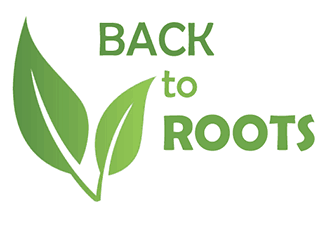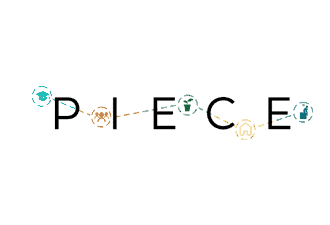Through this project we want the staff of the consortium to attend a 6-day structures course in Italy, Spain or Greece during which the participants will take part in workshops, visits, frontal lessons and open discussions on issues related to forced migration.
This project brings in new elements compared to previous projects by the applicant, namely: 1) the introduction of new host countries, Spain and Greece in addition to Italy, necessary to give a more complete view of the issues facing Southern European Countries and compare different reception models. 2) the introduction of new topics such as the link between migration and homelessness, the importance of recognising and fighting hate speech, and the analysis of international treaties and the protection of human
A) Context/background of project;
The promoter of the project is a UK-led consortium made up of 8 partners ranging from education and training organisations (Kairos Europe, Red Ochre, KLC, Creating Ground), and charities (MRC and Cardinal Hume Centre) and organisation working in the creative industry (Crossings and Filmworks Trust) working at different levels on migration related issues such as research on policies, education and training, inclusion and employability, and mental health issues.
The project will help all the participants gain a greater understanding of issues that affect non-EU migrants and people with disadvantaged backgrounds when integrating within European cities. We also seek to understand the effects of migration management practices on people on the moving. How do these practices affect displaced people’s trajectories to and across Europe? What are the mental health issues that many of these people face? What are the opportunities of employability which migrants and refugees can take advantage of?
B) Objectives of the project;
To facilitate a better understanding of the situation and needs of irregular migrants and refugees in the host countries and in Europe more generally, to enable participants to: Use the insights gained to develop their thinking on migration, which can feed into their work related activities; to develop a different narrative around migration in Europe, and especially in the UK - one that does not perceive of migrants as a burden or threat - and make this narrative part of the academic, professional and public debate, and to
Better respond to the needs of irregular migrants and refugees with whom they might currently work.
C) Number and profile of participants;
60 participants will be selected from the staff of the organisations in the consortium. The partner organisations have expressed the need for their staff to acquire skills in discussing, learning and observing historical and current migration trends and gaining a greater insight into some of the issues, dilemmas and solutions that many non-EU migrants endure and will benefit from. It will also be about questioning the depiction of migrants as security threats, passive victims or commodities and seeking to move away from the clear distinction between economic migrants and refugees, implying that some people are worth our attention and compassion and others not.
D) Description of activities;
Participants will take part in a 6-day structured course including lectures, panel discussions, visits to local centres working with migrants, intercultural workshops, and interventions from experts and volunteering working in the field.
E) Description of results;
1) The creation of social media pages, which will be easy to reach by everybody. 2) Establish new ways and ideas for promoting common European values, intercultural dialogue and tackle social exclusion with a focus on non-EU refugee and asylum seeking communities. 3) Acquiring new skills for training teachers, mentors, trainers in migration issues, community workers and leaders. 4) Participants will be equipped with the necessary intercultural awareness and communication skills they need to relate with people from diverse linguistic and cultural backgrounds (with a focus on refugees)
F) Impact envisaged:
Participants will have a deeper understanding of the current changes taking place in a European society and its multiculturalism; understand and make sense of diversity, and be able to talk about it productively and meaningfully. Furthermore, they will get new ideas on how to update their approach and methods and help migrants/refugees in needs. It will also give the participants the confidence to develop a more international approach in their day by day work.






